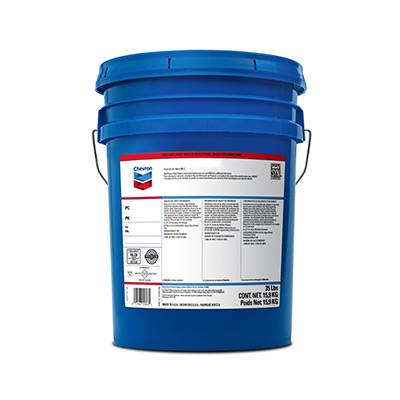Aug . 15, 2024 04:53 Back to list
Optimizing Pressure Control in Water Systems with Advanced Valve Technology for Enhanced Performance
The Importance of Pressure Water Valves in Modern Systems
In today’s complex infrastructure, pressure water valves play a crucial role in various applications, ranging from municipal water supply systems to industrial processes. These valves are instrumental in regulating water pressure, ensuring efficiency, safety, and reliability in fluid dynamics. In this article, we will explore the significance of pressure water valves, their functions, types, and the technology driving their advancement.
Understanding Pressure Water Valves
Pressure water valves are mechanical devices designed to control the flow and pressure of water within a system. They can modulate, redirect, or shut off water flow as needed, maintaining the desired pressure levels and preventing potential damages or failures in the system. Properly functioning pressure valves are vital for both residential and commercial systems, ensuring that water supply remains consistent and safe.
Key Functions of Pressure Water Valves
1. Pressure Regulation One of the primary functions of pressure water valves is to maintain stable water pressure within set parameters. This regulation helps in preventing excessive pressure that can lead to pipe bursts, leaks, or system failures.
2. Flow Control These valves allow for precise control over the amount of water flowing through a system. Users can adjust the valve settings to match specific requirements, ensuring efficient use of water resources.
3. Safety Mechanism Pressure water valves serve as safety devices. In case of pressure surges, these valves can automatically close or divert the flow, preventing potential damage to the entire system.
4. Protection Against Backflow Many pressure water valves include backflow prevention features, ensuring that contaminated water does not flow back into the main supply, thus protecting public health.
Types of Pressure Water Valves
pressure water valve

There are various types of pressure water valves, each designed for specific applications
- Pressure Relief Valves These valves automatically release excess pressure from the system, ensuring it does not exceed safe levels. They are critical in industrial applications where high-pressure systems are commonplace.
- Pressure Reducing Valves These devices lower the incoming water pressure to a predetermined level, making them essential for residential homes where municipal water supply pressure might be too high for safe use.
- Control Valves Used extensively in automated systems, control valves adjust flow rates based on signals from pressure sensors or other control systems, ensuring that the system operates within desired parameters.
Advances in Technology
The field of pressure water valves has seen significant technological advancements in recent years. Smart valves equipped with sensors and IoT capabilities allow for real-time monitoring and adjustments. These innovations improve efficiency, reduce water waste, and ensure better management of resources.
The integration of predictive maintenance technology is another exciting development. By utilizing data analytics, operators can anticipate issues before they occur, reducing downtime and maintenance costs. As technology continues to evolve, the role of pressure water valves in ensuring the smooth operation of water systems will become increasingly sophisticated.
Conclusion
In conclusion, pressure water valves are indispensable components in the management and distribution of water across various systems. Their ability to regulate pressure, control flow, and provide essential safety mechanisms underpins the efficiency and reliability of modern water infrastructure. As technology progresses, the evolution of pressure water valves will continue to enhance their functionality, ensuring that they meet the challenges of today’s ever-growing water demands. It is vital for engineers, operators, and users to understand the importance of these valves in safeguarding water systems, contributing to efficient and sustainable management of one of our most precious resources.
-
Thread Micrometer Set FeaturesNewsJul.04,2025
-
Right Angle Ruler Tool for WoodworkingNewsJul.04,2025
-
Precision Frame Level Calibration StepsNewsJul.04,2025
-
Magnetic Vee Block MaterialsNewsJul.04,2025
-
Heavy Duty Ground Anchors in MiningNewsJul.04,2025
-
Features of Welding Table Cast IronNewsJul.04,2025
Related PRODUCTS









